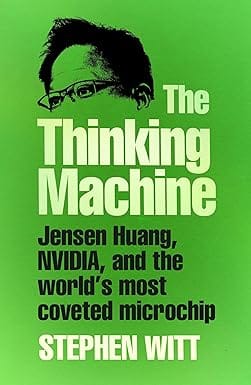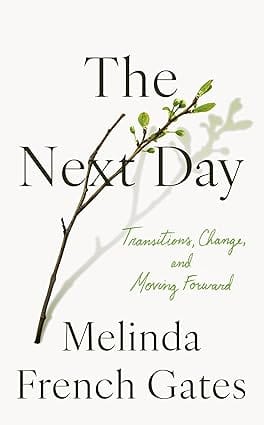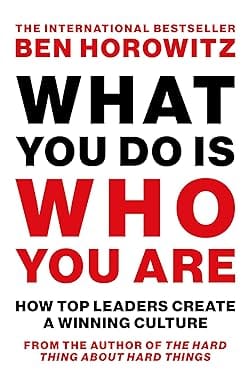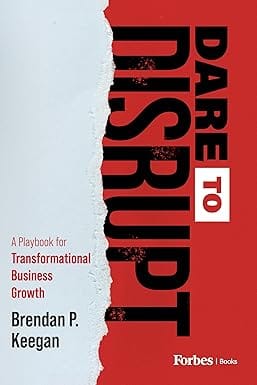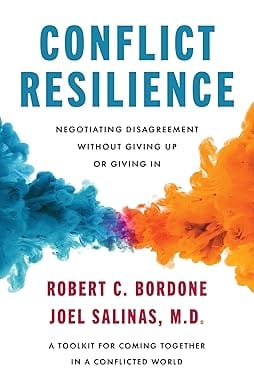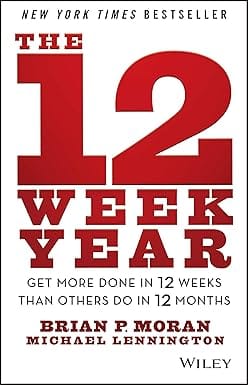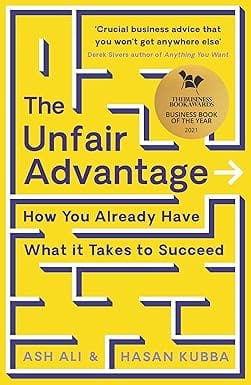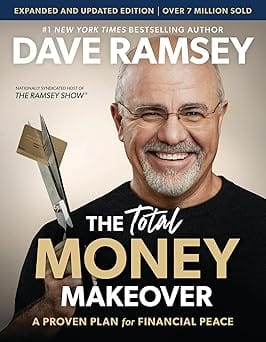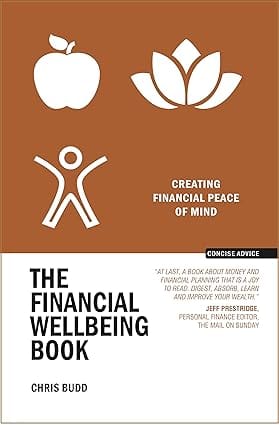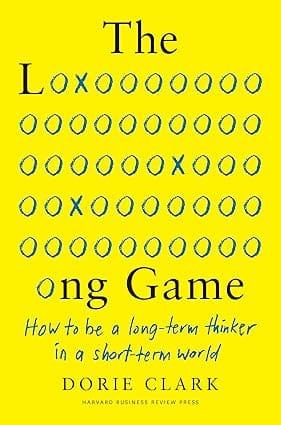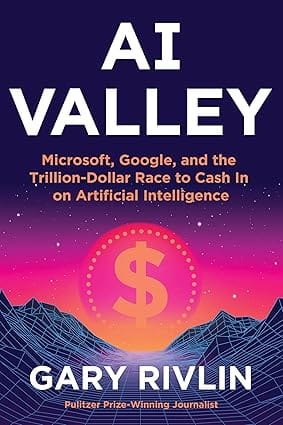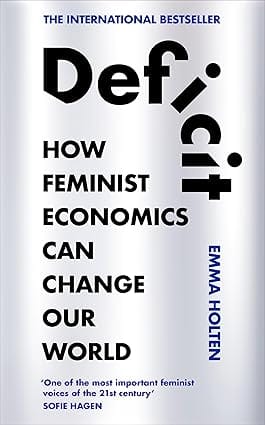- Contemporary Fiction
- Contemporary Fiction
- Children
- Children
- Comics & Graphic Novels
- Comics & Graphic Novels
- Non-Fiction
- Non-Fiction
- Fiction
- Fiction
The riveting investigative account of Nvidia, the tech company that has exploded in value for its artificial intelligence computing hardware, and Jensen Huang, Nvidia’s charismatic, uncompromising CEO
In March 2024, following the revelation that ChatGPT had trained on Nvidia’s microchips, and twenty-one years after its founding in a Denny’s restaurant, Nvidia became the third most-valuable corporation on Earth. In The Thinking Machine, acclaimed journalist Stephen Witt recounts the unlikely story of how a manufacturer of video game components shocked Silicon Valley by establishing a monopoly on AI hardware, and in the process re-invented the computer.
Essential to Nvidia’s meteoric success is its visionary CEO Jensen Huang, who more than a decade ago, on the basis of a few promising scientific results, bet his entire company on AI. Through unprecedented access to Huang, his friends, his investors, and his employees, Witt documents for the first time the company’s epic rise and its iconoclastic CEO, who emerges as a compelling, single-minded, and ferocious leader, and now one of Silicon Valley’s most influential figures.
The Thinking Machine is the story of how Nvidia evolved from selling cheap, aftermarket circuit boards to hundred-million-dollar room-sized supercomputers. It is the story of a determined entrepreneur who defied Wall Street to push his radical vision for computing, in the process becoming one of the wealthiest men alive. It is about a revolution in computer architecture, and the small group of renegade engineers who made it happen. And it’s the story of our awesome and terrifying AI future, which Huang has billed as the “next industrial revolution,” as a new kind of microchip unlocks hyper-realistic avatars, autonomous robots, self-driving cars, and new movies, art, and books, generated on command.
Review
PRAISE FOR HOW MUSIC GOT FREE
Terrific, timely, informative ... [Witt's] research and storytelling are exemplary ... How Music Got Free stands comparison to The Social Network
Incredible, possibly canonical ... A story that's too bizarre to make up, but needed to be told ... How Music Got Free is one of the most gripping investigative books of the year - Vice
You need to get hold of Stephen Witt's jaundiced, whip-smart, superbly report and indispensable How Music Got Free - Washington Post
Closely reported and brilliantly written ... Highly entertaining - Guardian
About the Author
- Home
- Business And Economics
- The Thinking Machine Jensen Huang, Nvidia, And The World�s Most Coveted Microchip
The Thinking Machine Jensen Huang, Nvidia, And The World�s Most Coveted Microchip
SIZE GUIDE
- ISBN: 9781847928283
- Author: Stephen Witt
- Publisher: Bodley Head
- Pages: 288
- Format: Paperback
Book Description
The riveting investigative account of Nvidia, the tech company that has exploded in value for its artificial intelligence computing hardware, and Jensen Huang, Nvidia’s charismatic, uncompromising CEO
In March 2024, following the revelation that ChatGPT had trained on Nvidia’s microchips, and twenty-one years after its founding in a Denny’s restaurant, Nvidia became the third most-valuable corporation on Earth. In The Thinking Machine, acclaimed journalist Stephen Witt recounts the unlikely story of how a manufacturer of video game components shocked Silicon Valley by establishing a monopoly on AI hardware, and in the process re-invented the computer.
Essential to Nvidia’s meteoric success is its visionary CEO Jensen Huang, who more than a decade ago, on the basis of a few promising scientific results, bet his entire company on AI. Through unprecedented access to Huang, his friends, his investors, and his employees, Witt documents for the first time the company’s epic rise and its iconoclastic CEO, who emerges as a compelling, single-minded, and ferocious leader, and now one of Silicon Valley’s most influential figures.
The Thinking Machine is the story of how Nvidia evolved from selling cheap, aftermarket circuit boards to hundred-million-dollar room-sized supercomputers. It is the story of a determined entrepreneur who defied Wall Street to push his radical vision for computing, in the process becoming one of the wealthiest men alive. It is about a revolution in computer architecture, and the small group of renegade engineers who made it happen. And it’s the story of our awesome and terrifying AI future, which Huang has billed as the “next industrial revolution,” as a new kind of microchip unlocks hyper-realistic avatars, autonomous robots, self-driving cars, and new movies, art, and books, generated on command.
Review
PRAISE FOR HOW MUSIC GOT FREE
Terrific, timely, informative ... [Witt's] research and storytelling are exemplary ... How Music Got Free stands comparison to The Social Network
Incredible, possibly canonical ... A story that's too bizarre to make up, but needed to be told ... How Music Got Free is one of the most gripping investigative books of the year - Vice
You need to get hold of Stephen Witt's jaundiced, whip-smart, superbly report and indispensable How Music Got Free - Washington Post
Closely reported and brilliantly written ... Highly entertaining - Guardian
About the Author
User reviews
NEWSLETTER
Subscribe to get Email Updates!
Thanks for subscribing.
Your response has been recorded.

India's Iconic & Independent Book Store offering a vast selection of books across a variety of genres Since 1978.
"We Believe In The Power of Books" Our mission is to make books accessible to everyone, and to cultivate a culture of reading and learning. We strive to provide a wide range of books, from classic literature, sci-fi and fantasy, to graphic novels, biographies and self-help books, so that everyone can find something to read.
Whether you’re looking for your next great read, a gift for someone special, or just browsing, Midland is here to make your book-buying experience easy and enjoyable.
We are shipping pan India and across the world.
For Bulk Order / Corporate Gifting
 +91 9818282497 |
+91 9818282497 |  [email protected]
[email protected]
Click To Know More
INFORMATION
QUICK LINKS
ADDRESS
Shop No.20, Aurobindo Palace Market, Near Church, New Delhi

